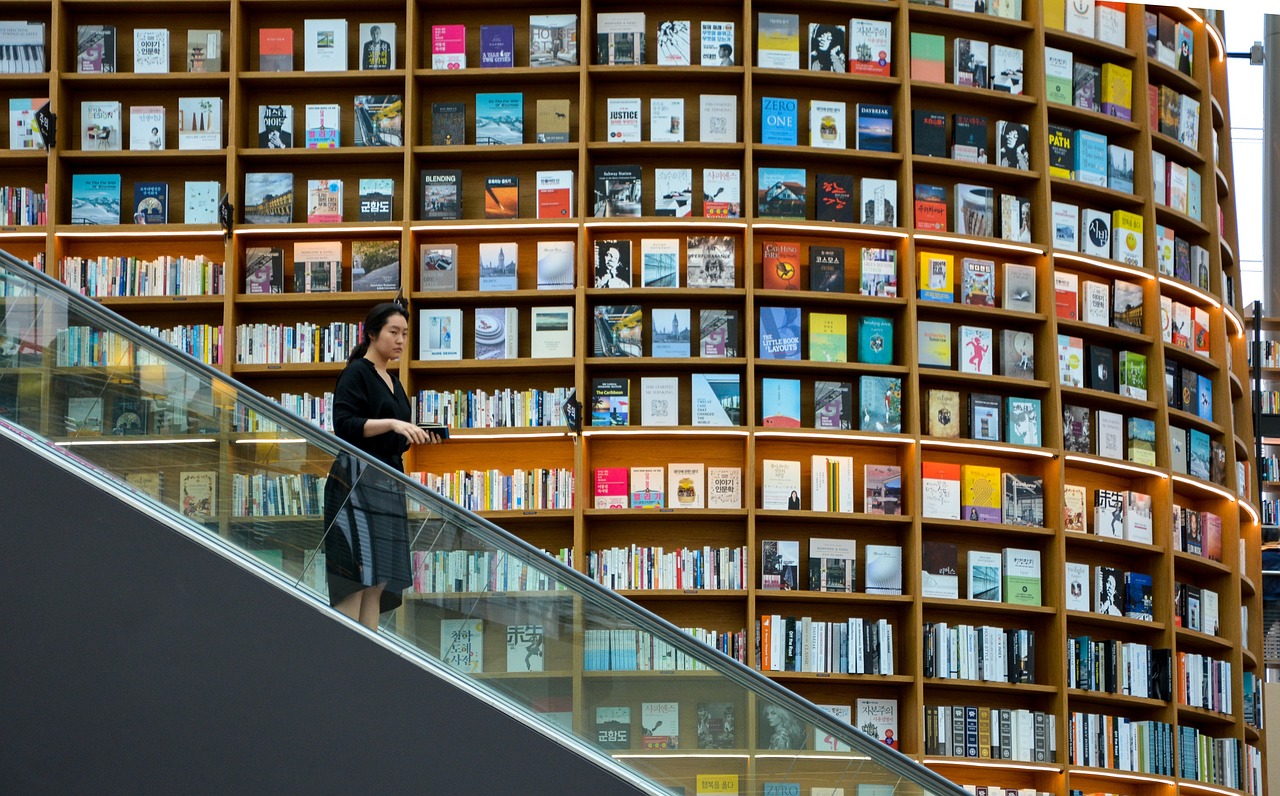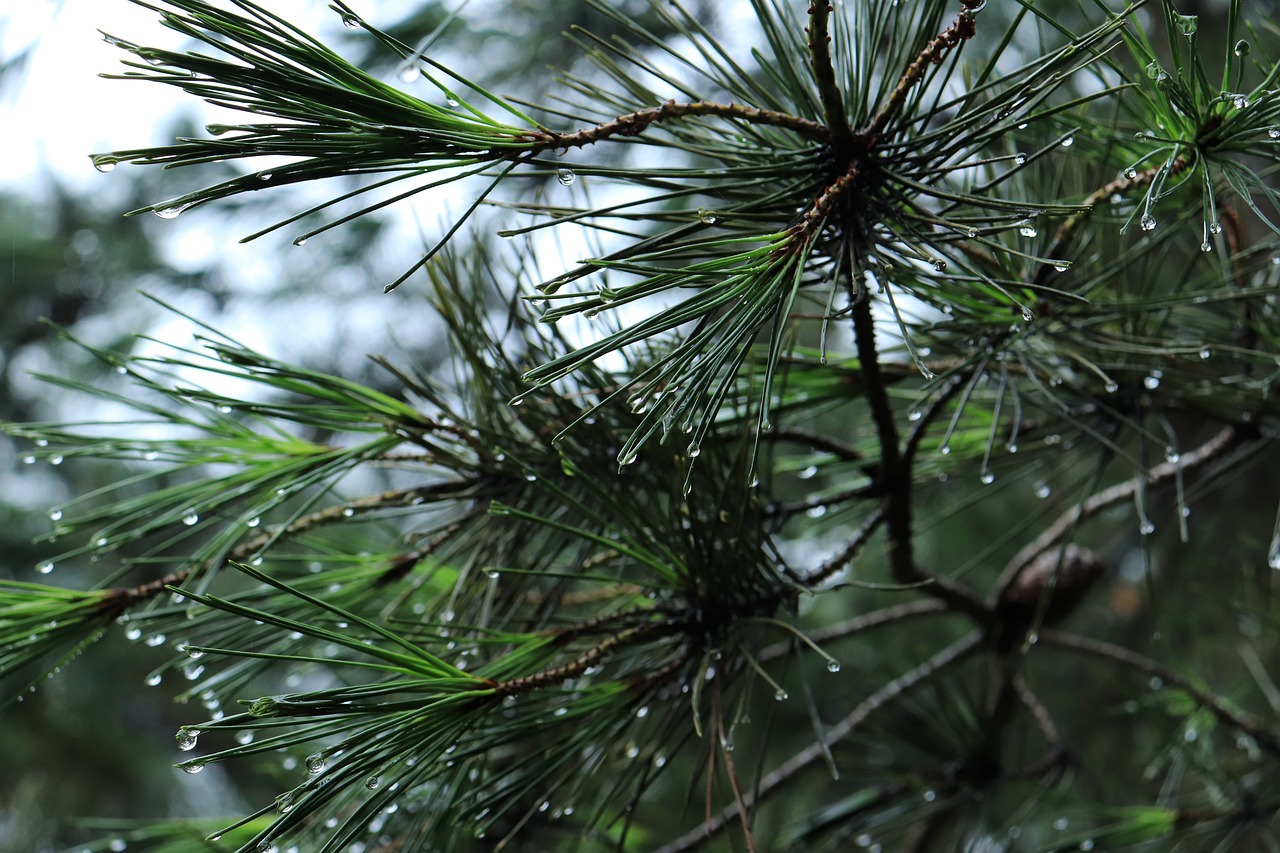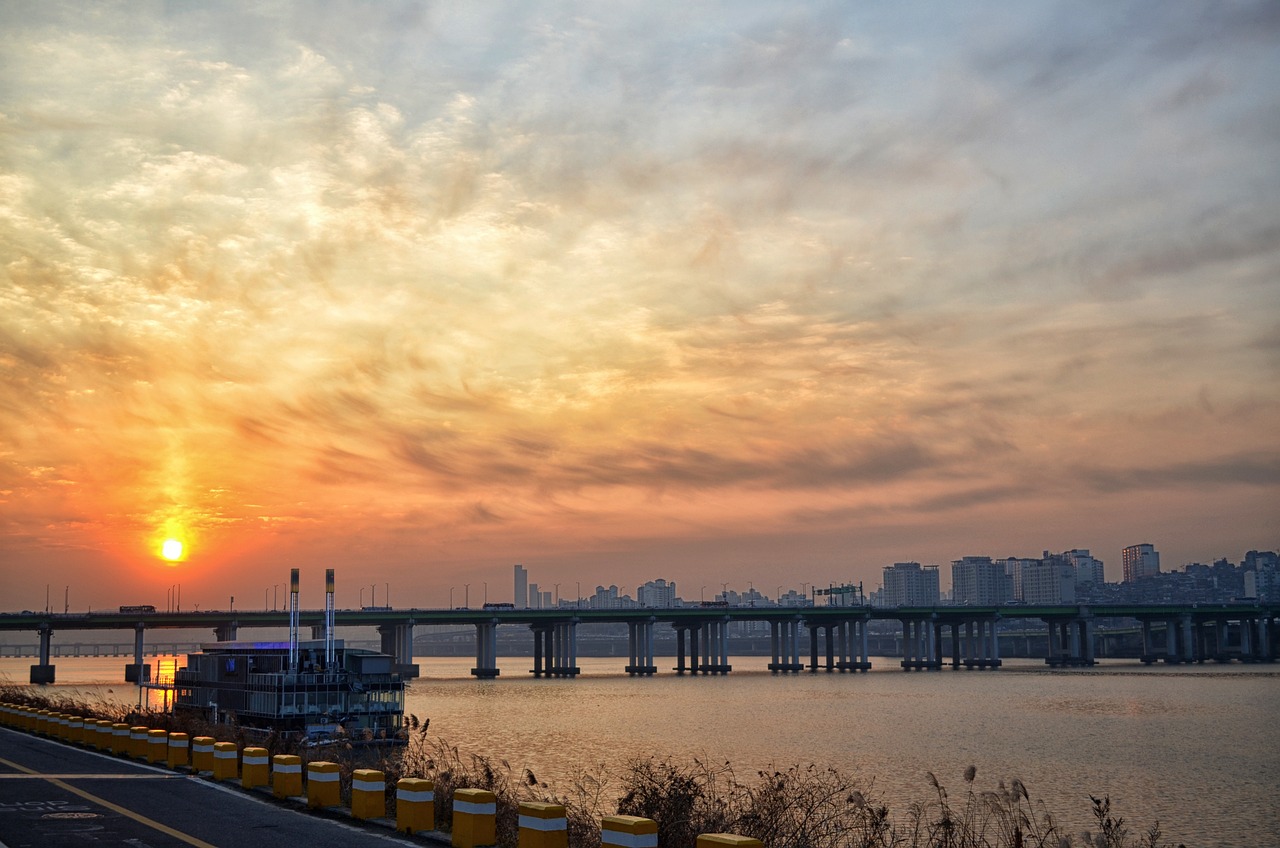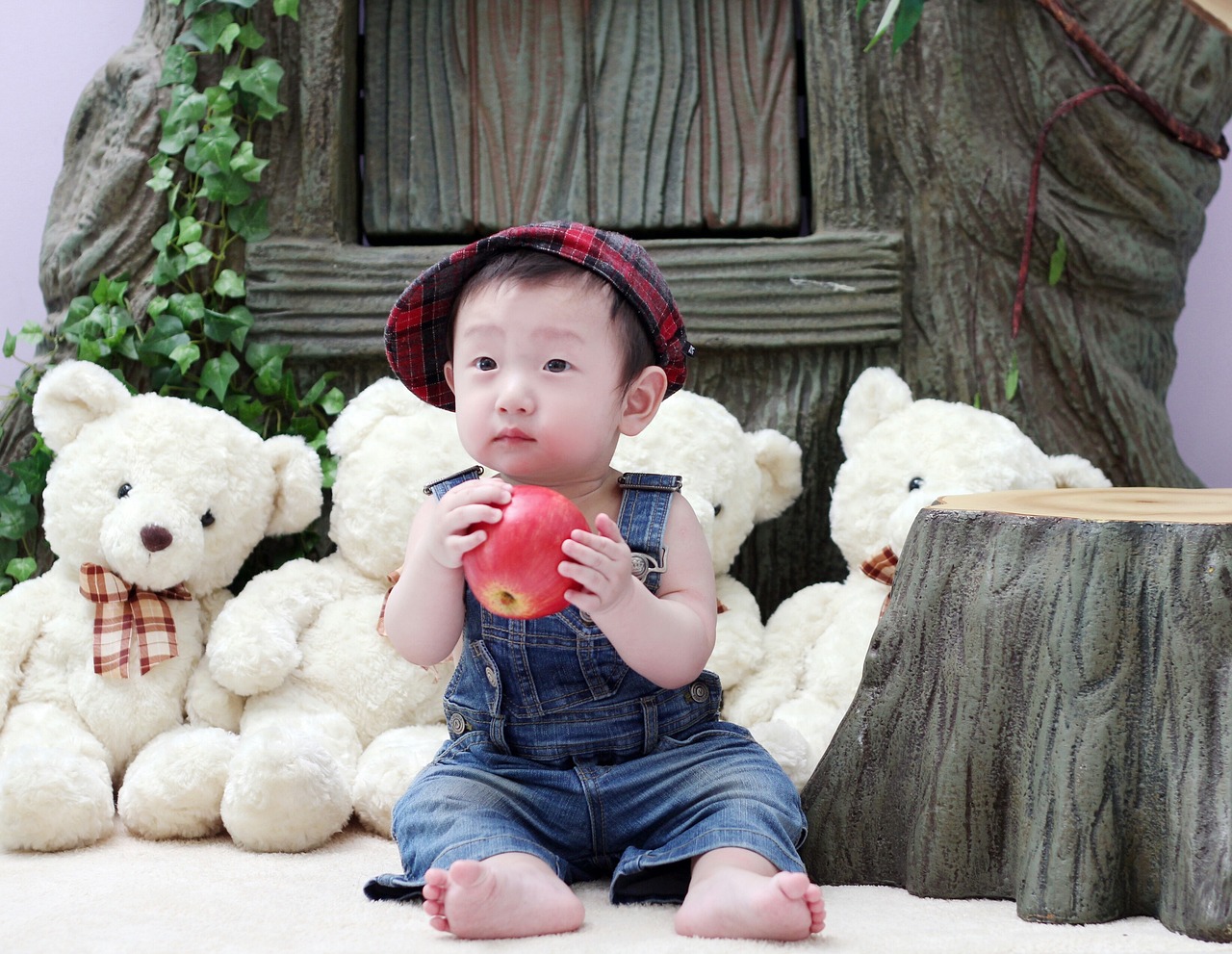South Korea Video
Local Celebrations and Holidays: What to Expect in South Korea
South Korea is a country rich in cultural traditions and vibrant celebrations. From traditional festivals to national holidays, the Korean people take pride in their customs and enjoy coming together to celebrate. In this article, we will explore some of the most significant local celebrations and holidays in South Korea and what you can expect when visiting or living in the country.
Chuseok: The Harvest Festival
Chuseok, also known as the Korean Thanksgiving, is one of the most important and widely celebrated holidays in South Korea. It usually falls in September or October and is a time when Koreans honor their ancestors and give thanks for a bountiful harvest. During Chuseok, families gather together to pay respects to their ancestors, visit their hometowns, and enjoy traditional foods such as songpyeon (rice cakes) and jeon (pan-fried dishes). The holiday is also marked by various cultural activities and folk games.
- Ancestor Worship: During Chuseok, families visit ancestral gravesites to pay their respects and perform ancestral rites. They clean the graves, offer food, and bow in reverence.
- Family Reunions: Chuseok is a time for family members to come together, often traveling long distances to be with their loved ones. It is a time of bonding, sharing stories, and strengthening family ties.
- Traditional Games: Many traditional games are played during Chuseok, such as ssireum (Korean wrestling), neolttwigi (seesaw jumping), and yutnori (a board game). These games bring joy and laughter to the festivities.
South Korea Image 1:

Seollal: Korean Lunar New Year
Seollal, or Korean Lunar New Year, is another significant holiday in South Korea. It is celebrated on the first day of the lunar calendar, usually in January or February. Seollal is a time for families to come together, pay respects to their ancestors, and welcome the new year with various traditions and customs.
- Ancestral Memorial Service: Families gather to perform ancestral rites and pay respects to their ancestors. They offer food, bow, and pray for blessings and good fortune in the new year.
- Sebae: Sebae is a traditional bowing ceremony performed by younger family members to show respect to their elders. It involves a deep bow and offering well-wishes for the new year.
- Traditional Food: Tteokguk, a hearty rice cake soup, is a must-have dish during Seollal. It symbolizes the renewal of life and is believed to bring good luck for the coming year.
Buddha’s Birthday: Seokga Tansinil
Seokga Tansinil, or Buddha’s Birthday, is a significant holiday in South Korea, celebrated on the eighth day of the fourth lunar month. It commemorates the birth of Siddhartha Gautama, the founder of Buddhism. During this holiday, Buddhist temples are adorned with colorful lanterns, and various events and ceremonies take place.
- Lantern Parades: Lantern parades are held in many cities throughout South Korea to celebrate Buddha’s Birthday. Participants carry lanterns of different shapes and sizes, creating a spectacular display of lights.
- Lotus Lantern Making: People engage in making lotus lanterns, which symbolize enlightenment in Buddhism. These lanterns are often decorated with intricate designs and vibrant colors.
- Temple Visits and Ceremonies: Many people visit Buddhist temples to participate in ceremonies, listen to sermons, and make offerings. These activities offer individuals the opportunity for spiritual reflection and renewal.
South Korea Image 2:

Dano Festival: Celebrating the Summer Solstice
Dano Festival is a traditional Korean celebration held on the fifth day of the fifth lunar month, which usually falls in June. It is a time to pray for a good harvest, ward off evil spirits, and enjoy various cultural activities.
- Swing Games: Dano Festival is known for swing games, where people compete in swinging on large wooden swings. It is believed to bring good luck and drive away misfortune.
- Mask Dances: Colorful mask dances are performed during the festival, portraying folktales and legends. These dances entertain the crowd and provide a glimpse into Korean cultural heritage.
- Herb Gathering: Dano Festival is associated with herbal rituals and the gathering of medicinal herbs. People believe that herbs collected during this time have enhanced healing properties.
Korean Independence Day: Gwangbokjeol
Gwangbokjeol, meaning “the day the light returned,” commemorates Korea’s liberation from Japanese colonial rule on August 15, 1945. It is a national holiday in South Korea and a time of patriotism and celebration.
- Flag Hoisting Ceremony: The day begins with a flag hoisting ceremony, where the national flag of South Korea is raised. This symbolizes the restoration of Korean sovereignty.
- Patriotic Concerts and Performances: Various cultural performances and concerts take place throughout the country, showcasing Korean traditional music, dance, and songs that evoke a sense of national pride.
- Fireworks and Parades: In the evening, dazzling firework displays light up the sky, and parades featuring marching bands, floats, and traditional costumes fill the streets.
South Korea Image 3:

Conclusion
South Korea is a country that cherishes its traditions and celebrates its heritage through various local celebrations and holidays. Whether you visit during Chuseok, Seollal, Buddha’s Birthday, Dano Festival, or Korean Independence Day, you will have the opportunity to immerse yourself in the vibrant culture and experience the warmth and hospitality of the Korean people. These celebrations provide a deeper understanding of the country’s rich history and traditions, making your visit to South Korea truly unforgettable.
References
– Visit Korea: http://english.visitkorea.or.kr
– Cultural Heritage Administration: http://www.cha.go.kr
– Korea Tourism Organization: http://kto.visitkorea.or.kr


